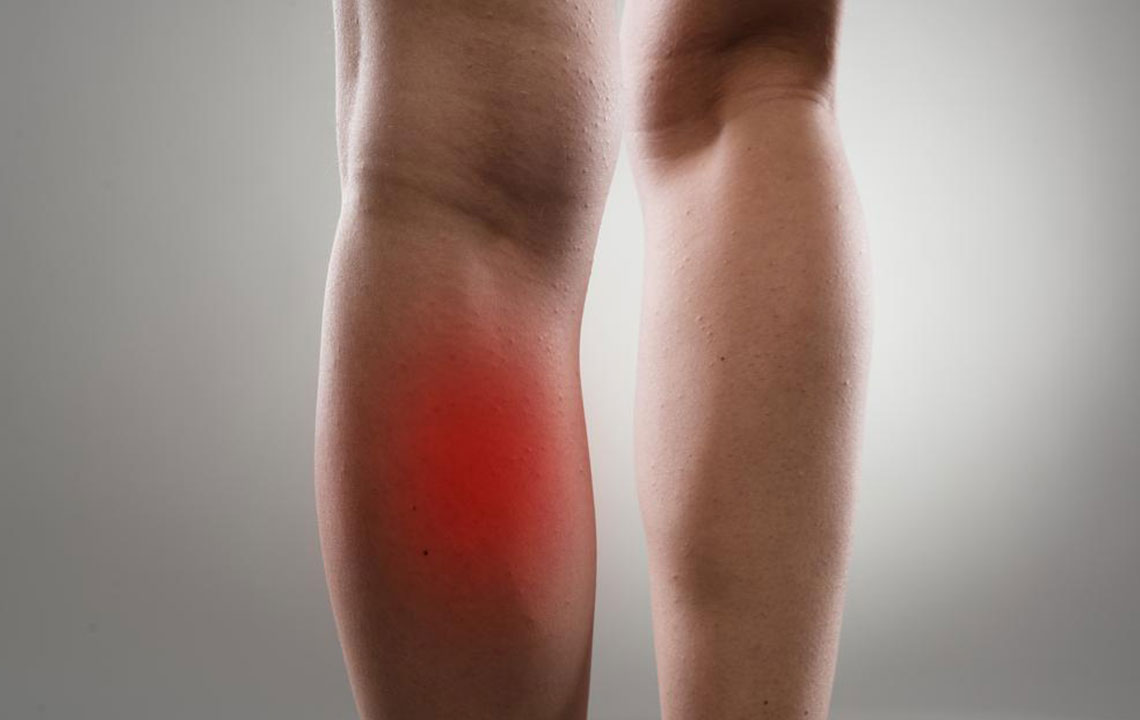Common Types of Leg Muscle Discomfort and Effective Home Treatments
This article explores common leg muscle pains, including cramps, shin splints, tendinitis, and blood clots. It highlights effective home remedies such as cold compresses, massages, turmeric, and apple cider vinegar, along with when to seek medical attention. Useful for individuals experiencing leg discomfort, the guide emphasizes lifestyle changes and self-care strategies to manage pain and prevent issues. Whether caused by overuse, inactivity, or underlying health conditions, understanding these types helps in timely treatment and recovery.

Leg muscle discomfort can affect anyone at any time. Various types include muscle strains, joint issues, cramps, nerve-related pain, and blood clotting. Below are the main categories and remedies:
Leg Cramps: Sudden, sharp pain usually in the lower leg, often called a Charley horse. Causes include fatigue and dehydration. Gentle stretching, massage, and increased water intake can alleviate cramps.
Shin Splints: Inflammation in the front lower leg muscles, common after repetitive impact activities like running, especially in flat-footed individuals. Ice therapy, supportive footwear, and stretching help reduce soreness.
Tendinitis: Pain at the back of the heel or lower calf, resulting from Achilles tendon inflammation due to overuse. Ice packs, anti-inflammatory medications, and gentle stretching are effective; severe cases may need surgery.
Sprains and Strains: Twisting ankles cause minor to severe sprains. Rest, ice, compression, and elevation (RICE) are key treatments. Severe injuries require medical attention and possibly physical therapy.
Blood Clots: Thicker blood forms clots, often in deep veins, leading to deep vein thrombosis. Prolonged inactivity and certain medications increase risk. Treatments include weight management, support stockings, and medications to dissolve clots.
Peripheral Artery Disease: Narrowed arteries reduce blood flow, causing pain and difficulty walking. Lifestyle changes such as healthy eating, quitting smoking, and consistent exercise can improve symptoms.
Spinal Issues and Sciatica: Herniated discs or arthritis cause nerve compression, resulting in leg pain, numbness, and tingling. Rest, medications, stretching, and physical therapy are beneficial.
Diabetic Neuropathy: Elevated blood sugar damages nerves, leading to pain and numbness. Proper medication adherence helps manage symptoms.
Home remedies like cold compresses, massages, turmeric application, and apple cider vinegar can also relieve pain and inflammation. Always consult a healthcare professional for persistent or severe symptoms.










